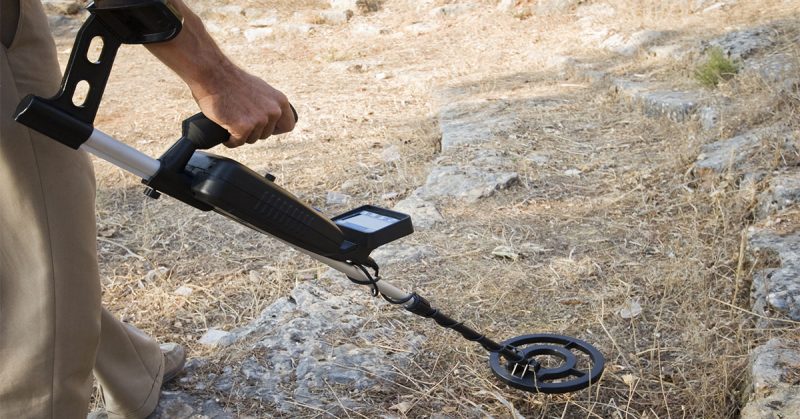Metal detecting in England has become a popular pastime. With history to be found under almost any footstep in parts of England, there are many treasures waiting to be discovered. Now, however, the public body, Historic England, wants to curtail independent metal detector enthusiasts on registered battlefields claiming the hobbyists disturb potential sensitive archaeological sites and that they don’t always report their finds as required by the UK government’s Treasure Act of 1996.
The Portable Antiquities Scheme came up with the Code of Practice, the parameters set forth for good treasure hunting practices and works together with Historic England and the National Council of Metal Detectors. At the last minute, the 2018 update included this new rule but the National Council of Metal Detectors is refusing to accept it at this time.
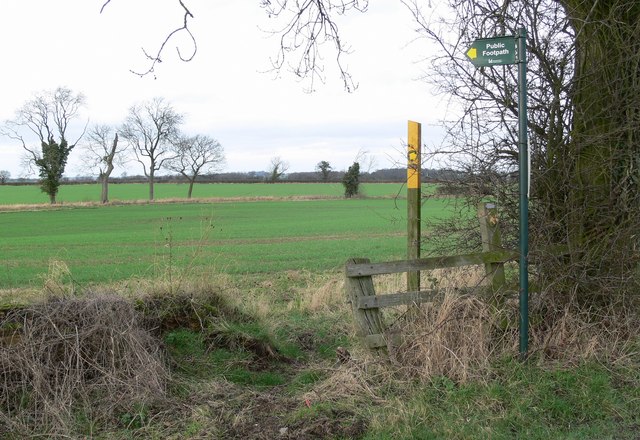
The National Council of Metal Detectors claims the hobbyists are often the ones that find items that could result in the discovery of important historical relics, jewelry, and coins. Historic England is claiming that important battlefields are being damaged by amateur archeologists.
The Federation of Independent Detectorists is standing with the National Council of Metal Detectors in its refusal to agree with the new guidelines. The Battlefield Trust, however, is supporting Historic England, saying hobbyist metal detecting, “jeopardizes future advances in the understanding of the nature of the fighting that can be gained from a systematic archaeological survey by distorting the surviving distribution pattern.”
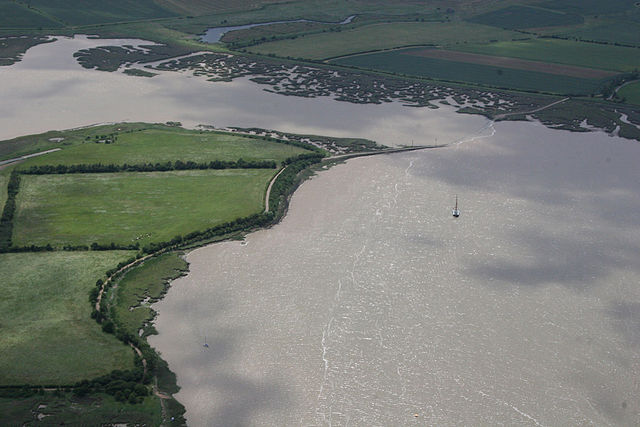
Whether this will affect the hosted metal detecting tours offering guided treasure hunts is unknown. Presently there are several organizations that offer metal detector trips to rural fields, wooded areas and beach-fronts as well as one in the vicinity of the search for the burial site of Boudicca, a Celtic warrior queen. She led an unsuccessful revolt against the Romans in the area of present-day East Anglia in 60 A.D., although approved tours don’t include battlefields.
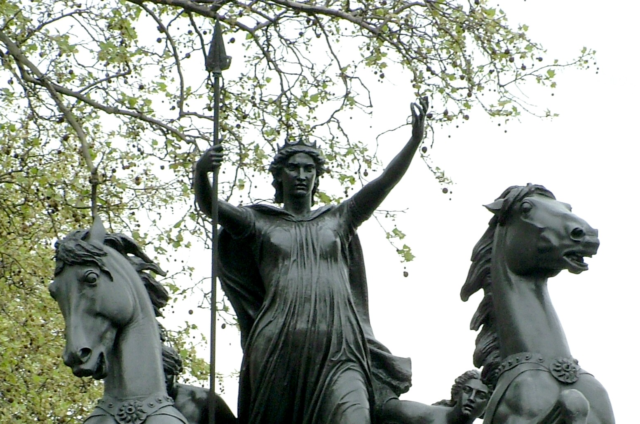
Historic England, as a public organization, is overseen by the Historic Buildings and Monuments Commission for England which assists in identifying, preserving and protecting historic sites. They currently maintain the National Heritage List for England that went from zero in 1882 to a list with almost four hundred thousand entries.
The National Council of Metal Detectors is an organization made up of elected volunteers and was founded in 1981. They are members of the Sport and Recreation Alliance and have a written constitution. Their goal is to educate the public about the hobby and provide a forum and representation in regard to any proposed legislation for those involved in metal detecting.
The Federation of Independent Detectorists offers liability insurance for members and promotes responsible detecting. There is a nominal fee for an annual membership.
The Federation of Metal Detector and Archaeological Clubs Inc. was founded in 1984 as a non-profit organization for the protection and promotion of recreational metal detecting. It is based in New York and has chapters in several states in the United States.
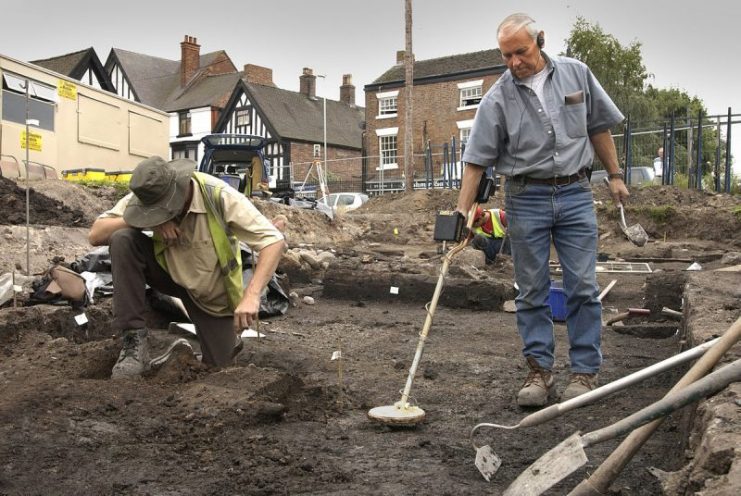
In 1996, when the new Treasure Act was in the making, the Department of National Heritage submitted a document to address the reporting and recording of archaeological finds after consulting with metal detector enthusiasts and archaeologists.
The Department of National Heritage approved schemes that would promote the education of archaeology and history to the general public and that created more opportunities for the public to turn in historical finds so they can be put in museums for everyone to enjoy. The Portable Antiquities Scheme was the result. It is administered by the British Museum for the Museums, Libraries and Archives Council, and the information assembled is disseminated online.
As of this writing, Britain’s battlefields are still open to hobbyist detecting and the proposed rules are still voluntary. The National Council of Metal Detectors is still discussing the new proposal.
